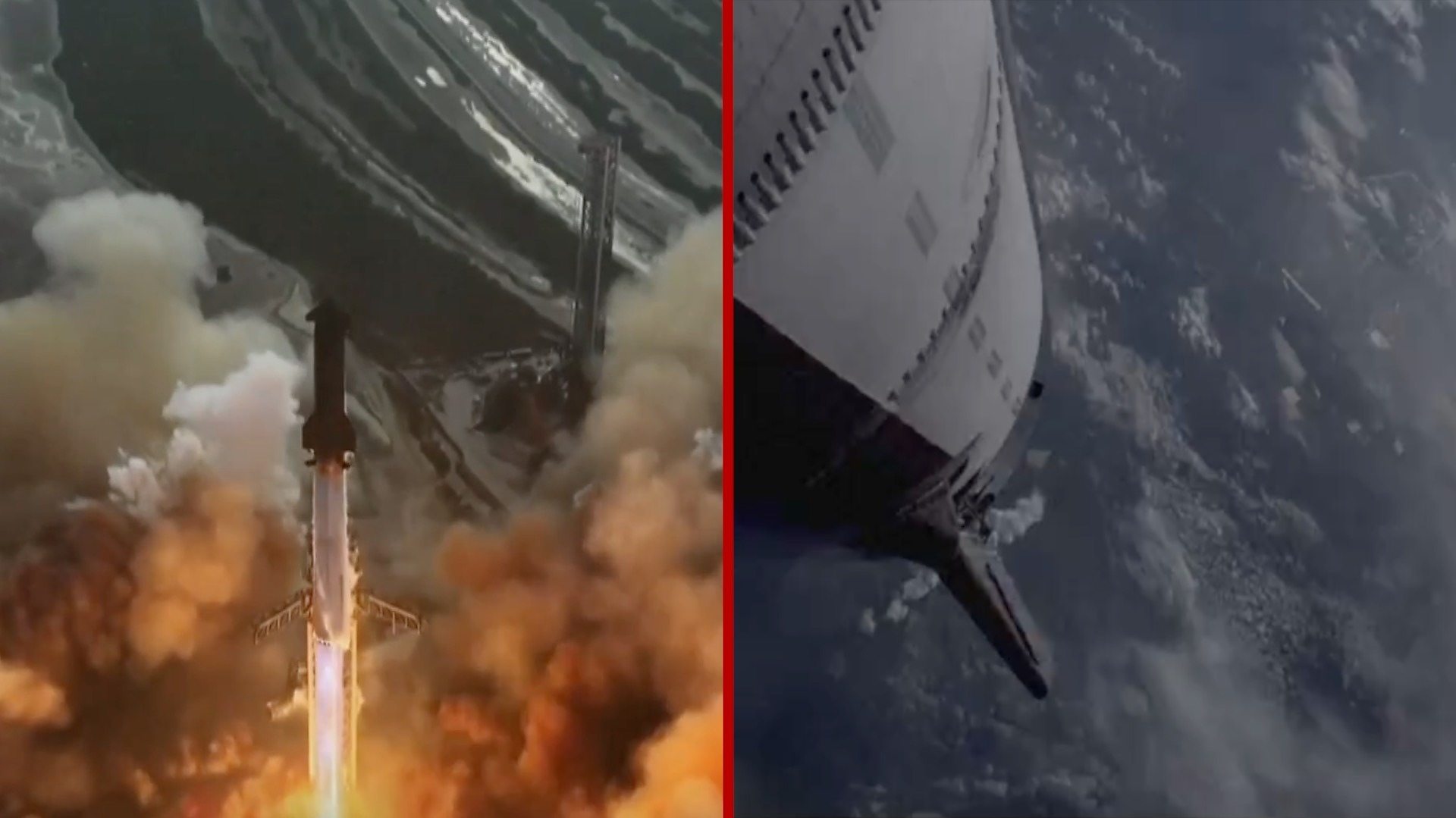In 2025, rural and urban Bolivians alike lamented their slow internet speeds while pondering the recent decisions of their government. Elon Musk’s Starlink satellite internet service, known for bringing reliable high-speed internet to remote areas across South America, was greeted with confusion and frustration in Bolivia.
Despite the promise of faster connectivity beamed directly from space, Bolivia has firmly declined to allow Starlink to operate within its borders, opting instead to utilize its older, Chinese-made satellite system. Officials have expressed concerns regarding the potential dominance of Starlink in the telecommunications market, suggesting a cautious approach to foreign technology that might overpower local options.
This decision has left many Bolivians disenchanted. Internet access remains a challenging issue for the nation, with speeds the slowest in the region and entire communities lacking reliable service. The people of Bolivia, who often depend on physical travel that can take hours to reach a reliable internet connection, have vocalized their frustrations as they struggle with educational limitations, missed job opportunities, and inadequate support during emergencies.
As Starlink expands across South America, reaching isolated areas and aiding disconnected Indigenous communities, Bolivia stands as an outlier amidst a technological revolution. This situation raises the question: how will Bolivia navigate its future in an increasingly digital world without taking advantage of advancements that so many neighboring countries have embraced?

















